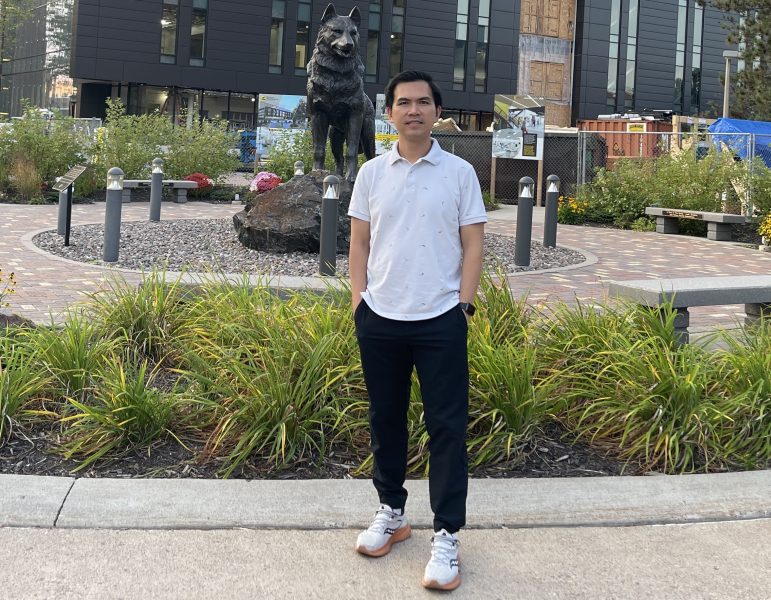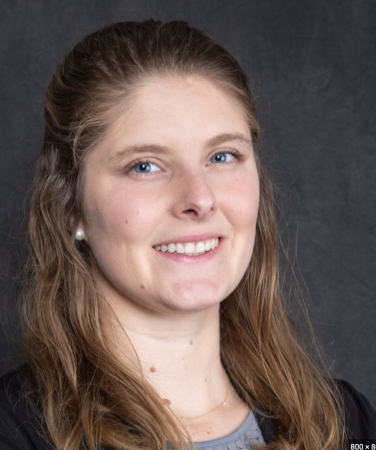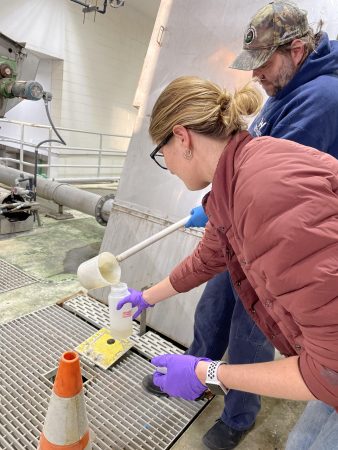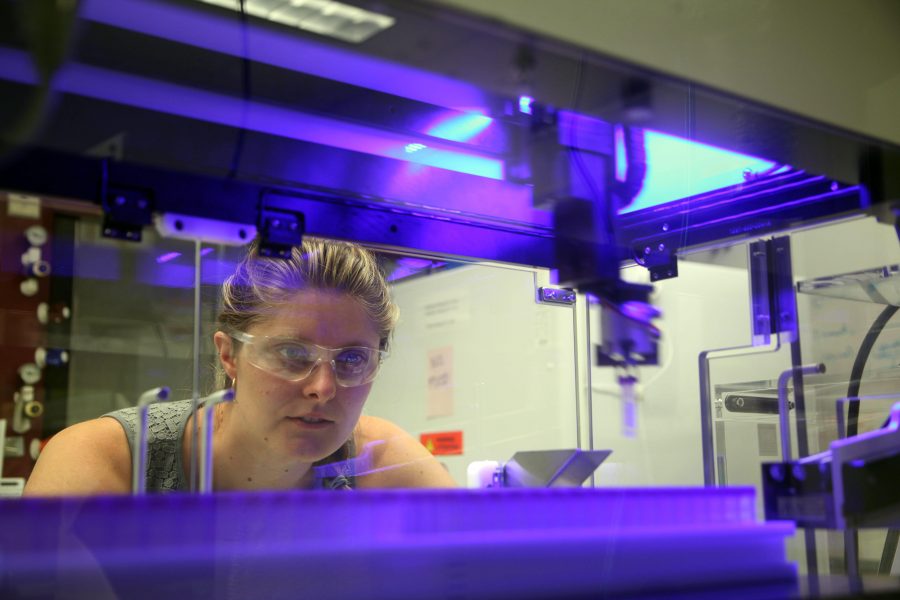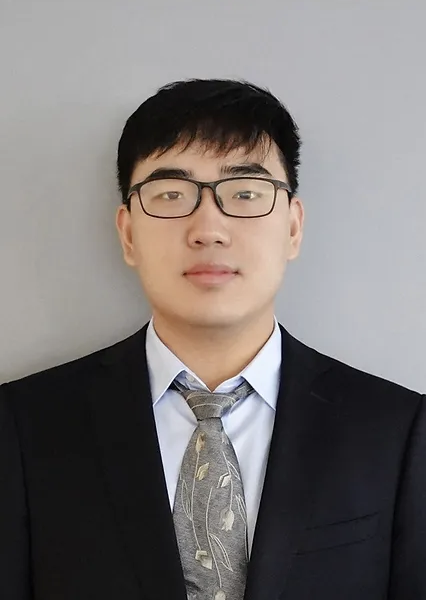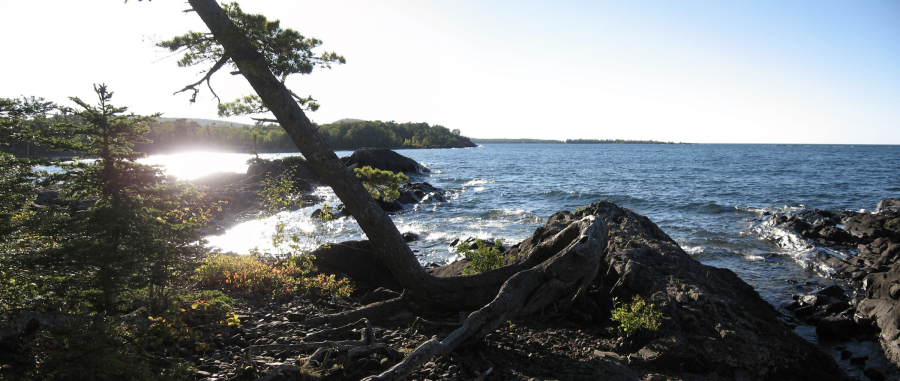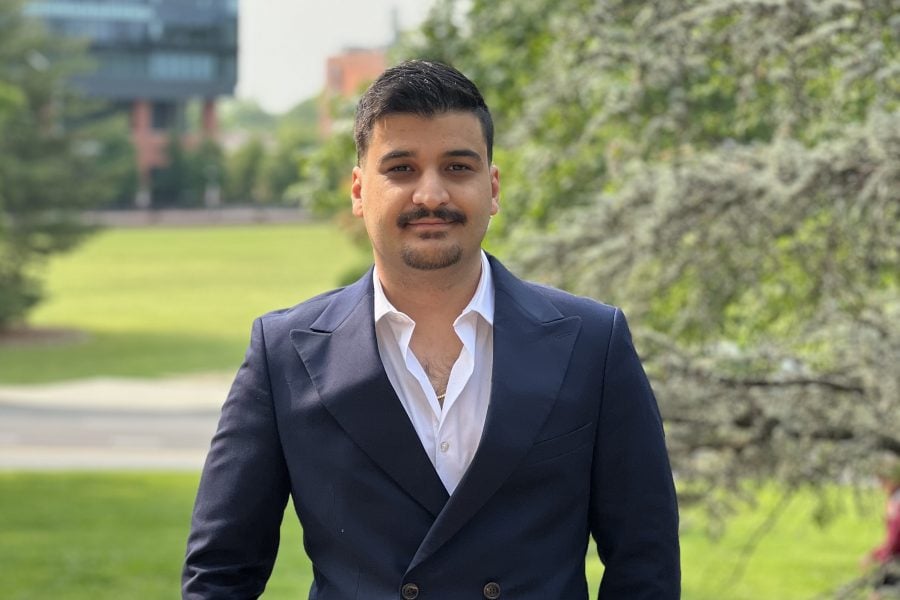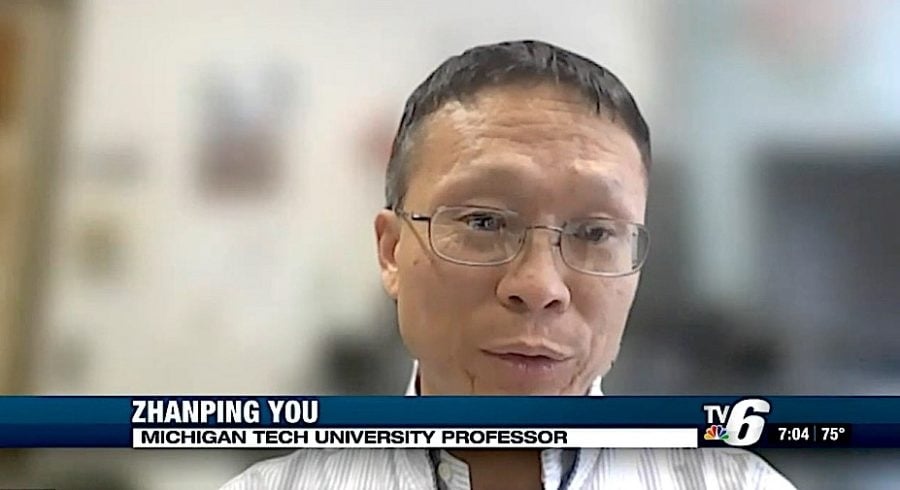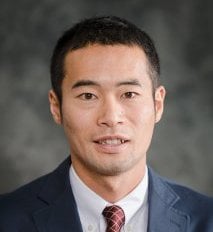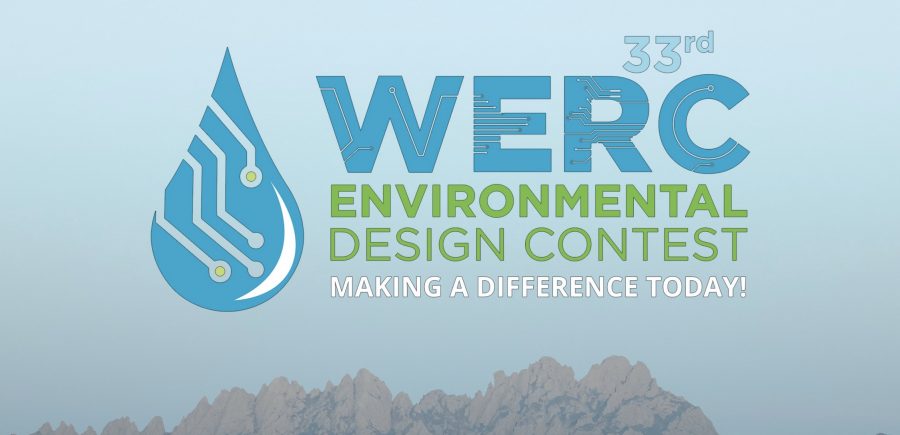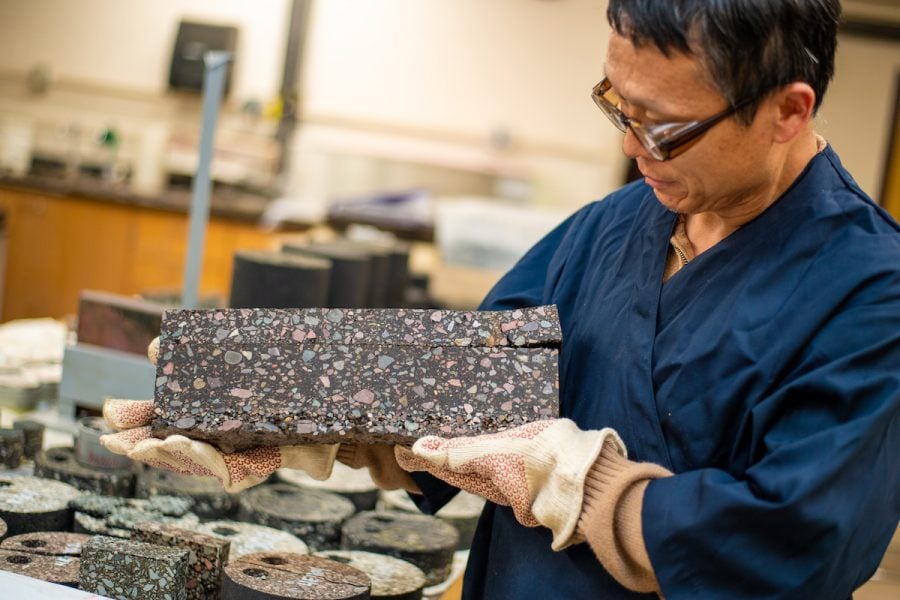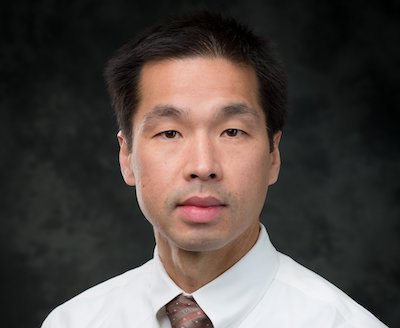Quang Tran is an assistant professor in the Department of Civil, Environmental, and Geospatial Engineering. He comes to Michigan Tech from Harvard Medical School, Harvard affiliated hospitals, and the UIUC Bioacoustics Research Lab, where he dedicated three years to postdoctoral research.
Dr. Tran earned his PhD in Civil Engineering at the University of Illinois Urbana-Champaign, his MS in Civil and Environmental Engineering at California State University, Fullerton; and his BS in Industrial and System Engineering at Ho Chi Minh University of Technology, Vietnam.
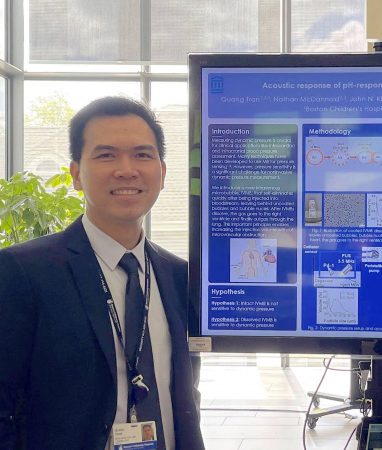
What drew you to Michigan Tech?
I have a passion for technology, teaching, and outdoor pursuits. Michigan Tech embodies everything I cherish. Ever since I became a part of MTU, my daily life in Houghton has been a joy, and my feeling of connection deepens with each passing day.
What is your primary area of research and what led you to it?
I develop non-invasive techniques for material characterization applied to civil engineering and biomedical fields. My goal is to assist in diagnosing and monitoring the health of both infrastructures and humans, aiming to prevent structural failures and cancer in individuals.
Can you share a little more about your research and what you like about it?
I’ve been working on research that employs non-contact technologies using ultrasound and computer vision to determine the phase change timing of concrete material – in real-time and on-site, in order to quantify the damage caused by construction activities. These methods offer rapid, precise, and quantitative data that enhances the decision-making of field engineers and contractors who are engaged in construction activities and material usage. It ultimately leads to savings of time and cost, and a reduction of material waste.
I’ve also developed non-invasive ultrasonic techniques to measure dynamic pressure, laying the groundwork for long-term measurements of pressure within human heart chambers. This pressure sensing could allow doctors to monitor patient heart health over extended periods. This would aid in the prevention of heart diseases and heart failure, enhancing patient well-being and even surgical outcomes.
“I believe every student has potential for success. My role here is simply to pave their way to their success.”
What do you consider an important long-term goal for your research, teaching, or outreach?
I want to understand the interaction between ultrasound and gas bubbles. This understanding will pave the way for me to develop advanced methods for material characterization and pressure sensing applications.
What do you hope to accomplish, as an educator and as a researcher, over the next few years?
My ambition is to establish a translational lab focused on fundamental research, bridging this research to practical and clinical applications. The lab will educate students about the profound link between foundational science and engineering practice.
What do you like to do in your spare time?
I love outdoor activities, including running along the lake and playing soccer. I enjoy exploring local eateries and attending community events, such as the Parade of Nations. I’m eagerly anticipating the upcoming Winter Carnival.
What’s your favorite book, movie, or piece of art?
My favorite book is “Da Vinci Code,” by Dan Brown. I love science and history, so I love watching Marvel and other sci-fi movies. I also like watching movies from true stories, like Chernobyl and Oppenheimer.
“Identify your desires and passions and then chase them.”
Any favorite spots on campus, in Houghton, or in the UP?
My favorite spot in Houghton is the running trail behind the M&M building. I run along the lake quite often.
Any advice for incoming students?
Work hard, play hard. Identify your desires and passions and then chase them. I spent three years after getting my BS to truly discover my life’s passion. Now I feel energetic and happy because I’m immersed in what I love. I believe every student has potential for success. My role here is simply to pave their way to their success.
